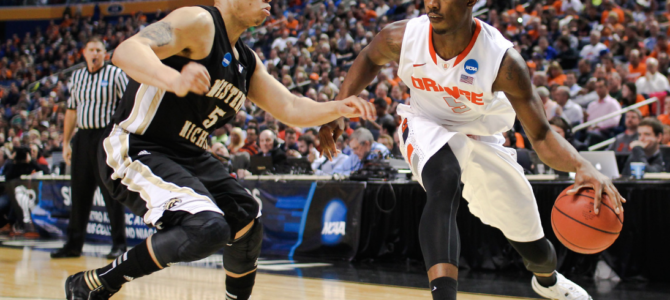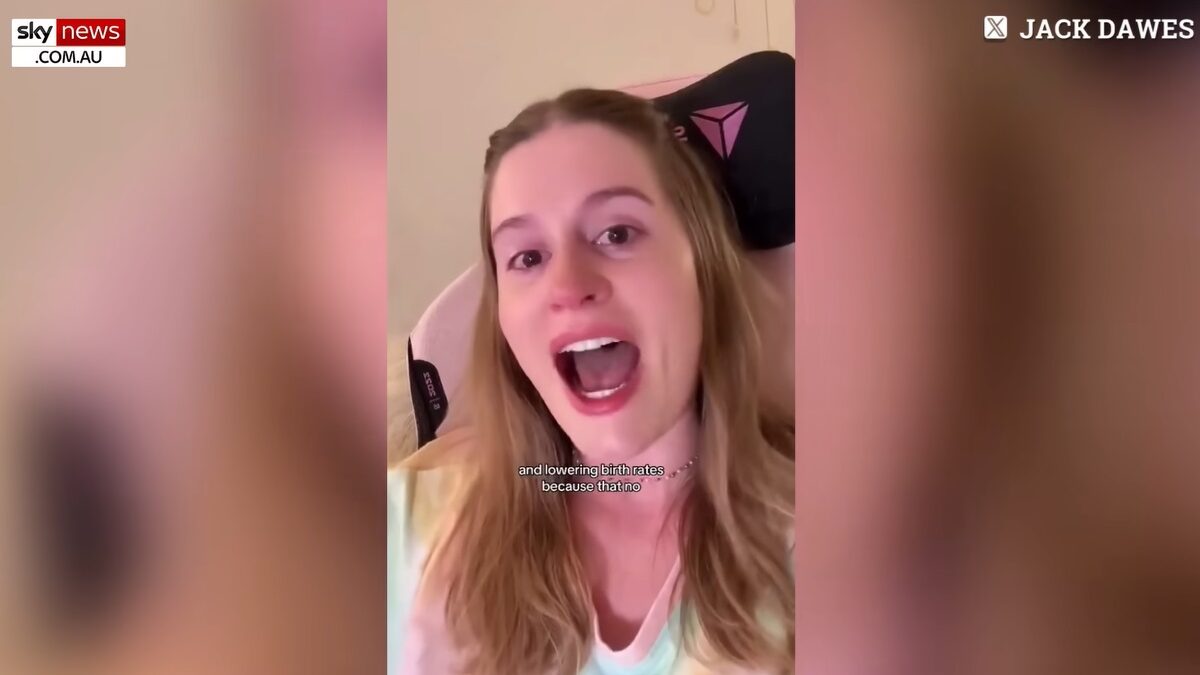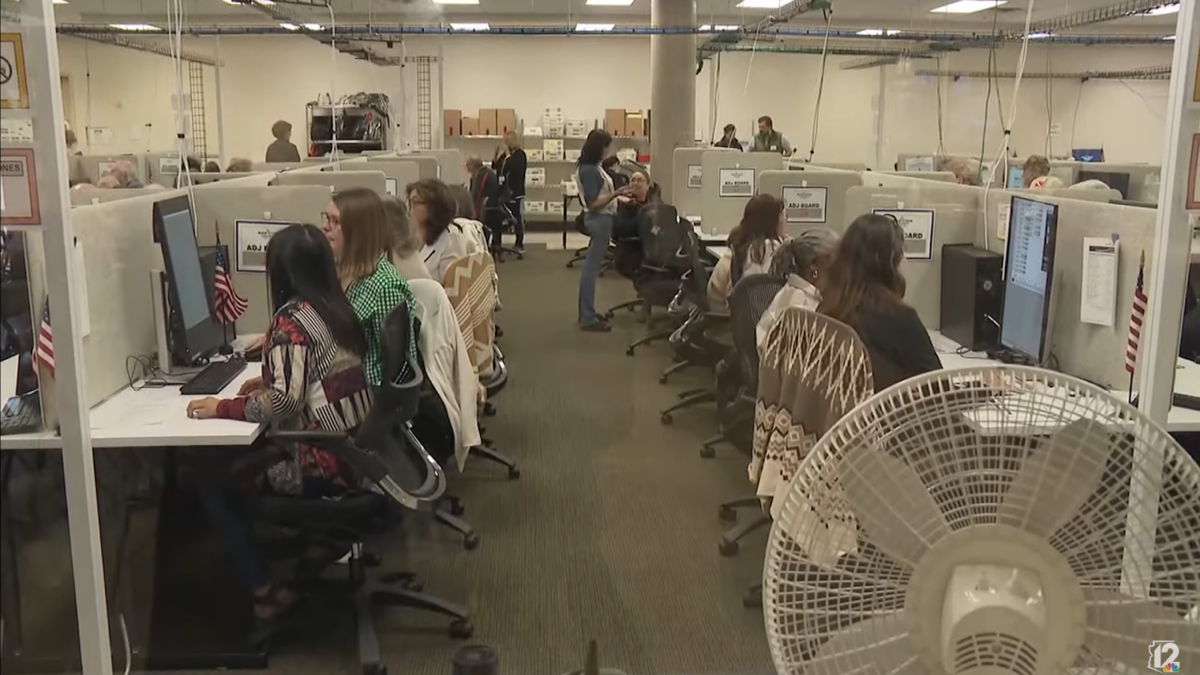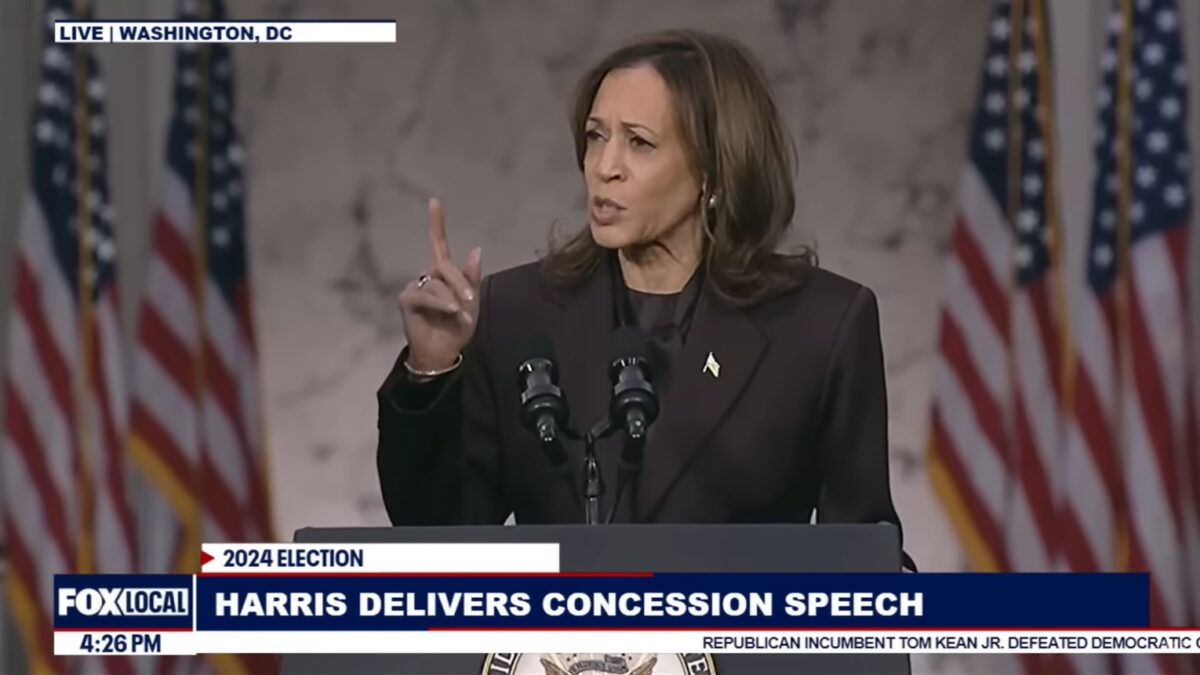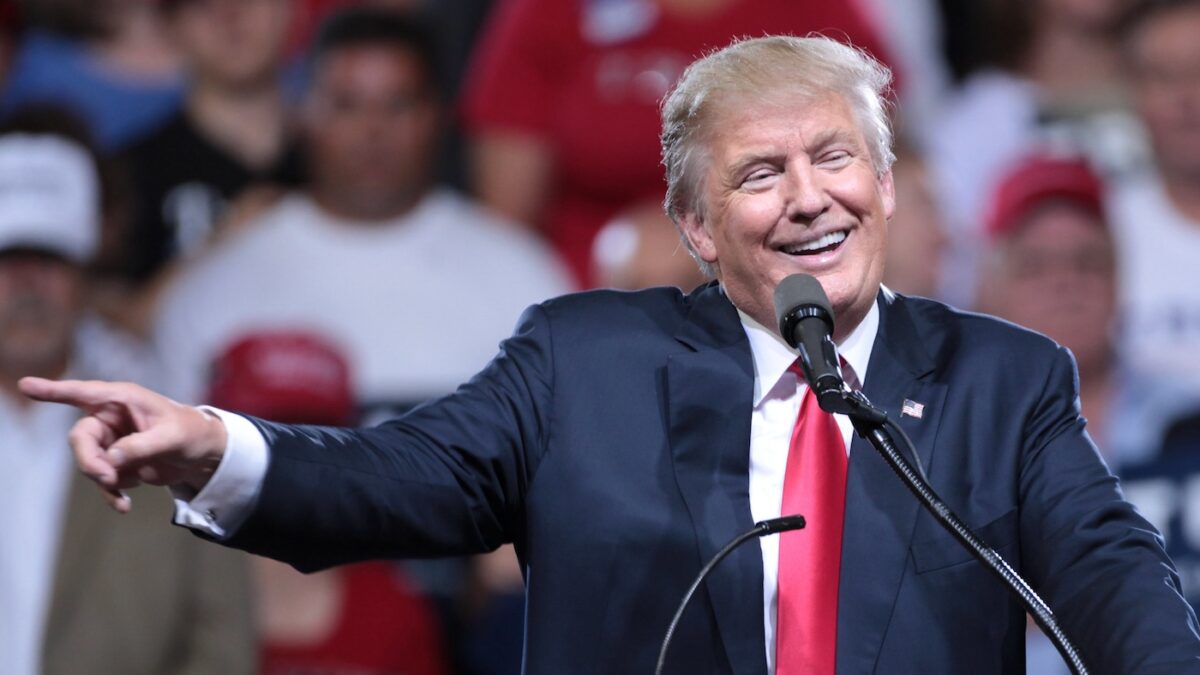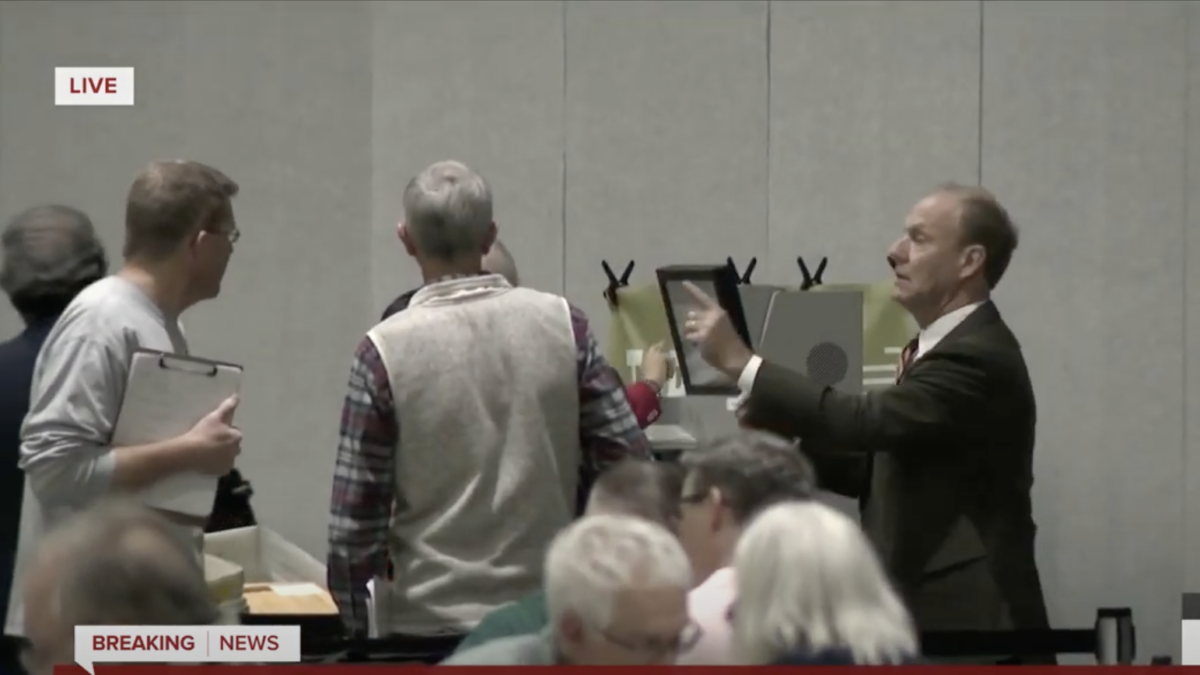Although the Seventh Circuit previously labeled the National Collegiate Athletic Association (NCAA) a “cartel,” it seems the organization finally got something right. On Tuesday, the NCAA revealed that its Board of Governors had voted unanimously to finally permit student-athletes to profit from their own name, image, and “likeness.” The new ruling, expected to go into effect no later than 2021, would allow student-athletes to receive compensation for appearing in advertisements, commercials, video games, and anywhere else their “likeness” may be sought after.
The NCAA’s decision comes on the heels of a recent California law, titled “Fair Pay to Play,” that permits college athletes to hire agents and to profit from endorsement deals and from any usage of their image. But not everyone is so thrilled with the NCAA’s latest decision.
Senator Richard Burr, R-NC., expressed his anger on Twitter, tweeting that he would be introducing legislation to slap an income tax on the scholarships of student-athletes who choose to “cash in” on their likeness.
Burr’s proposal to have such legislation only apply to student-athletes seems utterly bizarre and frankly, incoherent. What about other students who may be earning an income while receiving a scholarship, such as those with monetized burgeoning Instagram accounts? Why is Burr not advocating for their scholarships to be similarly subjected to an income tax, as well?
When asked to clarify whether he truly intended for his proposed legislation to apply exclusively to student-athletes (and not other student-workers who may simultaneously be working but also on scholarship), his communications team delivered a response in the affirmative.
“Would Senator Burr’s legislation apply to non-NCAA athlete students – and the answer is no. We are only discussing NCAA athletes who specifically choose to generate income off their likeness.”
The determination to hit singularly student-athletes with an income tax on their scholarships not only reeks of unfairness but also seems a strange hill to die on. If the student-athletes are going to be earning a separate income from their name, image, and likeness, such earnings will most certainly be taxed under the current income tax regime. It takes a special sort of vindictiveness to determine that their scholarships, which they earned separately through athletic prowess, must too be taxed. In other words, Burr’s proposal seeks to punish student-workers who earn money in a perfectly legal way that Burr happens to disapprove of. Student-athletes should be given the opportunity to “cash in” on their name, image, or likeness without their scholarships taking a hit in the process. Burr’s proposal essentially disincentivizes a type of labor that Burr himself apparently finds unrespectable.
Burr is essentially proposing to raise taxes on predominantly non-white athletes, given minority students make up the majority of Division I basketball and football teams. It’s worth examining Division I student-athletes in particular, since those student-athletes are the ones most likely to be sought out for promotional opportunities. Within Division I men’s basketball, nearly 80% are non-white, as of 2018. For Division I women’s basketball, closet to 70%. Within Division I football, over 60% of the athletes are non-white.
Meanwhile, the coaching staff, who are all able to profit under the current system, is overwhelmingly white. As of 2018, within Division I men’s football, 82% of the head coaches and offensive coordinators are white, while 73% of the defensive coordinators are white. In Division I men’s basketball, the ratios are more balanced, but not by much—70% of head coaches are white, while 47% of the assistant coaching staff is white. Within Division I women’s basketball, 75% of head coaches are white, while 48% of assistant coaches are.
Right now, it is the players alone—the ones who smash their heads into one another, the ones who juggle a full class schedule with an insane training regimen, and the ones who suffer life-altering injuries—that ultimately are deprived of the opportunity to profit from their performance. And oddly, Burr is hoping to carve out a “special” punishment for when they finally are given the chance to do so.
Burr’s proposal, dripping in self-righteousness, is particularly rich, given his lame-duck behavior the last two years in Congress. As Senate Intel Chairman, Burr has presided over the largest spying scandal in modern history and has done little to actively seek punishment for those who partook. Perhaps Burr should be focusing a little less on punishing minority student-athletes and more on actual criminals.
